Committing a crime carries significant short- and long-term consequences, and facing criminal charges in court is a rare and serious event.
The right to a thorough and effective defence is a fundamental legal right, and every individual charged with a criminal offence is entitled to legal representation.
Criminal defence lawyers play a crucial role in the Canadian justice system. Their responsibilities are extensive, and their contribution is vital to ensuring a fair and just legal process.
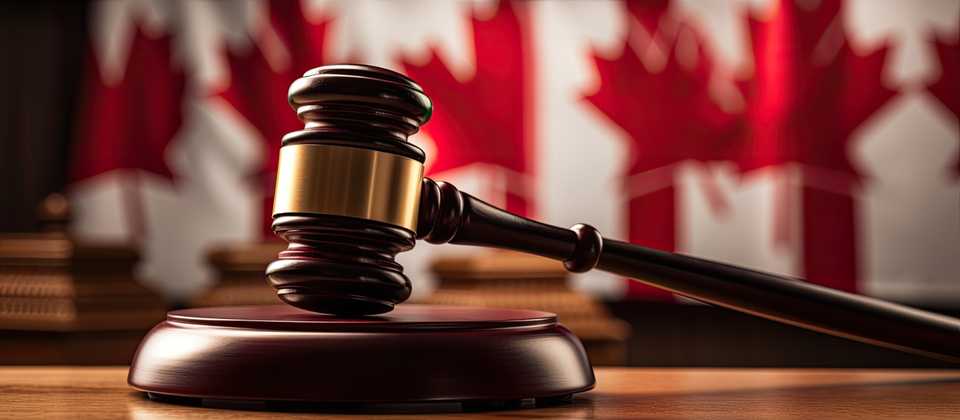
| In this article, JuriGo explains the responsibilities of a criminal defence lawyer and tells you how to find one near you. |
|---|
What is a Criminal Defence lawyer?
A criminal defence lawyer, also known as a "criminal lawyer," is an officer of the court who represents the interests of his or her client. A criminal lawyer ensures that his client's rights are protected throughout the legal process. He advises his client and makes the necessary representations before the court.
A defence lawyer, unlike a Crown prosecutor, is not required to present the whole truth. They only represent their client and are entitled to take the client's side. That said, he cannot represent his client's interests by being dishonest; he must always respect his ethical obligations.
For example, if an accused confesses that he committed the crime to his lawyer, it is illegal for the lawyer to provide a defence that goes against this confession.
A defence lawyer carries out a wide range of tasks in the course of his work. He conducts legal research, analyzes the evidence received, prepares his examinations, devises a cross-examination strategy for the prosecution's witnesses, negotiates with the Crown prosecutor and prepares the necessary documents to be filed with the court!
The Role of a Criminal Defence Lawyer Is Vital in the Canadian Justice System!
Three of the most important rights in our criminal justice system are :
- The right to a fair trial
- The right to full answer and defence
- The right to counsel
These rights are protected by the Canadian Charter of Rights and Freedoms and are vital for ensuring justice. Anyone who is detained or accused of a crime is constitutionally entitled to consult a lawyer. This right is crucial because a criminal defence lawyer offers essential legal guidance and services, enabling the accused to mount a thorough and effective defence.
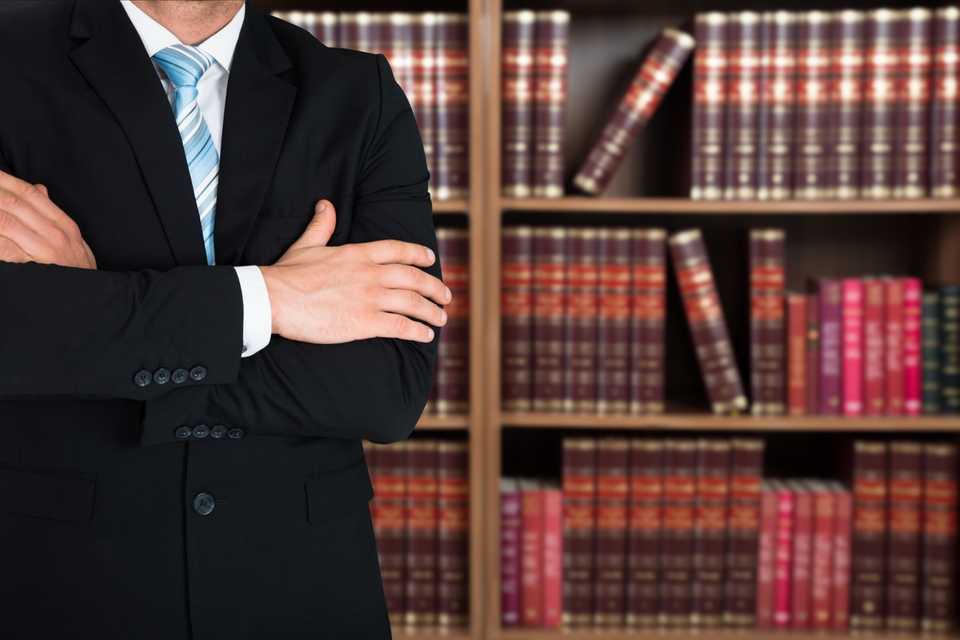
The right to counsel and the right to make a full answer and defence are pivotal constitutional protections that guarantee the trial is conducted in a fair and equitable manner. The role of a defence lawyer is therefore indispensable, as it directly affects the accused's ability to secure justice and safeguard their rights throughout the legal proceedings!
What are the responsibilities of a criminal defence lawyer?
A criminal defence lawyer has a number of responsibilities, such as:
Advising and representing clients at all stages of the legal process
A criminal defence lawyer has a critical role in advising, assisting, and representing their client at every stage of the legal process. This comprehensive involvement ensures that the accused is adequately supported and informed throughout their interaction with the criminal justice system.
The Right to Silence
One of the most important pieces of legal advice a criminal defence lawyer provides is the right to remain silent. Typically, this is the first advice given to a client, underscoring its significance. Defence lawyers are well versed in the tactics that police officers might use to elicit a confession or statement from a detainee or accused person.
Therefore, although an individual may feel inclined to cooperate with law enforcement, a criminal defence lawyer will advise that it is often in their best interest to remain silent until their lawyer is present. This advice is rooted in the fundamental principle of the presumption of innocence until proven guilty.
The presumption of innocence ensures that an individual is not compelled to speak to police officers or any other authority figures. The right to remain silent is applicable throughout the judicial process, protecting the accused from self-incrimination and preserving the integrity of their defence.
Explaining the Criminal Justice System
Even though defence lawyers are familiar with the intricacies of the criminal justice system, they must take the time to explain these complexities to their clients. This includes providing a detailed understanding of how the justice system operates, the sequence of events, and the criminal procedures relevant to their case.
It is essential for clients to comprehend the legal process, which helps in making informed decisions about their defence strategy.
Evaluating Legal Options
A defence lawyer must thoroughly explain the various options available to their client based on the nature of the charges. This involves a strategic analysis of the case and offering tailored advice.
For instance, the lawyer might recommend pleading guilty in exchange for a more lenient sentence, depending on the circumstances and the evidence at hand.
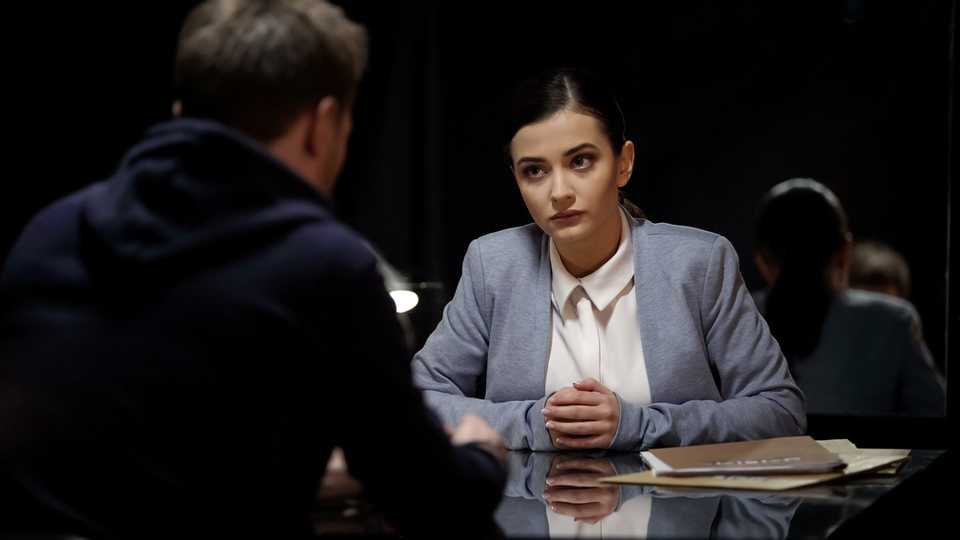
By outlining the potential consequences and benefits of each option, the lawyer empowers the client to make decisions that are in their best interest.
Investigating the Case
A criminal defence lawyer's responsibility extends well beyond the courtroom. Conducting a thorough investigation of the case is crucial to building a robust defence. This investigative process involves :
Gathering Evidence
A defence lawyer must diligently collect all relevant evidence, which can include documents, physical items, and digital records. This evidence is essential to either exonerate the client or weaken the prosecution's case. The defence lawyer must ensure comprehensive access to all information that could potentially benefit the defence.
Interviewing Witnesses
An integral part of the investigation involves identifying and interviewing witnesses. Defence lawyers meticulously prepare for these interviews to extract valuable information that supports the defence's narrative. Witness statements are crucial in constructing a version of events that aligns with the client's account, potentially revealing inconsistencies or flaws in the prosecution's case.
It is essential that all testimonies are completely truthful. Therefore, a criminal defence lawyer is strictly prohibited from encouraging witnesses to lie or misrepresent facts.
Expert Consultations
In many cases, understanding technical evidence requires consultation with experts. Defence lawyers often work with forensic experts, medical professionals, or other specialists to examine and challenge the prosecution's evidence or to present a defence.
By consulting experts and having them testify at trial, defence lawyers can highlight flaws or inaccuracies in the prosecution's evidence, raise reasonable doubt about the commission of the offence, and potentially secure an acquittal for their client.
Ensuring Access to All Evidence
One of the defence lawyer's critical tasks is to ensure they have received all evidence pertinent to the case. The Crown prosecutor is obligated to disclose all evidence against the accused, including any exculpatory information. However, the defence lawyer has a duty to verify that all relevant information has been communicated.
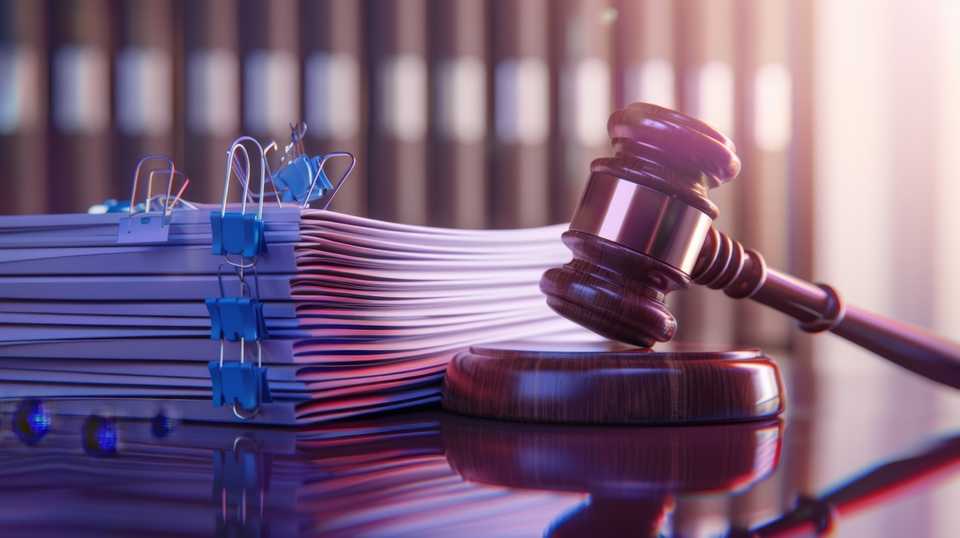
If the lawyer discovers that certain evidence has not been disclosed, they must take proactive steps to obtain it. This may involve conducting additional investigations or filing motions for the disclosure of evidence. Ensuring complete access to evidence is vital for preparing a comprehensive defence strategy.
Pursuing Third-Party Evidence
There are instances where crucial evidence is not held by the Crown prosecutor but by a third party. For example, a surveillance camera might have recorded the crime scene, but the police may have failed to secure the footage. In such cases, the defence lawyer can file a motion requesting the court to compel the third party to hand over the evidence.
In summary, a criminal defence lawyer's role in investigating the case is multi-faceted and essential for building a strong defence. From gathering and analyzing evidence to interviewing witnesses and consulting with experts, the lawyer's investigative efforts are critical to ensuring a fair trial.
By securing all relevant information, the defence lawyer can effectively challenge the prosecution and uphold the client's rights throughout the judicial process.
Raising defences
If necessary, a defence lawyer must present defences to raise a reasonable doubt or to obtain a verdict of not guilty. The following table illustrates the various defences that a defence lawyer may raise:
| Defences | Explanation |
|---|---|
| Mental disorder | Under Section 16 of the Criminal Code, the defence of mental disorder can be used if a person committed a crime while suffering from a mental disorder that prevented them from understanding the nature of the act or knowing it was wrong. This means they are not criminally responsible if their mental state impaired their judgment. |
| Self-defence | Self-defence is applicable when a person commits an act to protect themselves or others from an imminent threat or attack. In Canada, individuals have the right to defend themselves and their property against threats. However, this right is limited by the requirement that any defensive actions must be both reasonable and proportional to the threat faced. The law ensures that self-defence is justified only when the response is appropriate to the circumstances. |
| Automatism | Automatism is behaviour that occurs without consciousness and beyond the control of the accused. It is the state of someone who, although capable of acting, is not aware of what he or she is doing. For example, sleepwalking or epilepsy. |
| Duress | Duress is a legal defence used when a person commits a crime under the compulsion of a threat of immediate death or serious bodily harm made by someone present during the offence.The individual is excused from criminal liability if they genuinely believe that the threat will be carried out and are not involved in a conspiracy or association that subjects them to such compulsion. However, this defence is not applicable to certain serious crimes, including high treason, murder, sexual assault, robbery, and several other specified offences. |
| Alibi | An alibi is a defence used to show that the accused was at a different location when the crime in question occurred.It involves presenting evidence, such as witness testimony, surveillance footage, or other records, to demonstrate that the accused could not have been at the scene of the crime. By establishing that the accused was elsewhere at the time, the alibi aims to prove that they could not have committed the offence in question. |
It is important to note that if the defence of mental disorder is accepted, the verdict rendered by the jury or judge will be "not guilty by reason of mental disorder." This verdict does not equate to an outright acquittal. Instead, the accused may be committed to a psychiatric hospital for treatment.
A criminal defence lawyer may decide not to present a defence!
A person charged with a criminal offence is presumed innocent. The Crown prosecutor has the burden of proving beyond a reasonable doubt that the offence was committed. A defence lawyer does not have the burden of proving that his client is innocent, he is not obliged to present a defence.
During a trial, the Crown prosecutor presents their evidence first, including witness statements and other pertinent information against the accused. The defence lawyer then has the right to cross-examine the Crown's witnesses.
If, through cross-examination, the defence lawyer raises reasonable doubt about the prosecution's case, they may choose not to present a defence if they believe the evidence is insufficient.
Negotiating with the Crown prosecutor
When a defence lawyer analyzes the evidence received, he may come to the conclusion that there is no point in going to trial, because a verdict of not guilty is simply not possible. A trial can be long, expensive and emotionally difficult, so when it is not necessary, it is best for the accused to avoid a trial.
However, the defence lawyer will still try to minimize the consequences of a guilty verdict. In fact, a defence lawyer can always try to negotiate with the Crown prosecutor to change the criminal charges laid in exchange for a guilty plea from his client.
For example, if a person is charged with three counts, defence counsel may propose that his client plead guilty to two counts in exchange for a withdrawal on the third count.
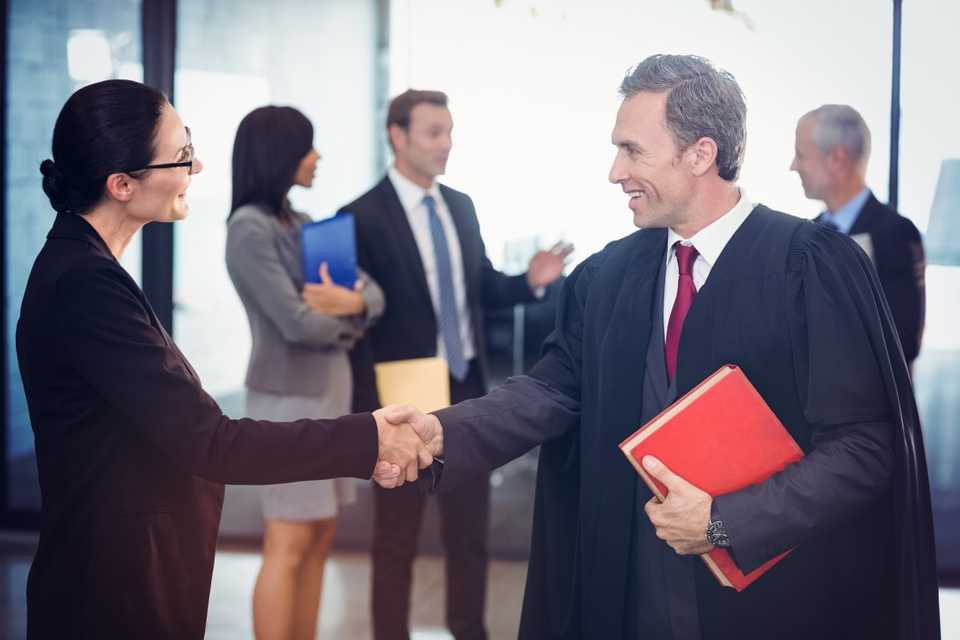
A Crown prosecutor is not obliged to negotiate with defence counsel, but it is very rare for a prosecutor to refuse to negotiate. Furthermore, the defence lawyer can negotiate with the Crown prosecutor for a more lenient sentence in exchange for a guilty plea from the accused.
If the prosecutor and defence lawyer agree, they will submit a joint sentencing submission to the judge. However, the joint submission is not automatically accepted by the judge. The judge always has the discretion to accept it, but in the majority of cases, the judge will accept the parties' joint submission.
The Supreme Court of Canada recently ruled that a judge may reject a joint submission only if the proposed sentence is likely to undermine public confidence in the justice system.
How to Find a Criminal Defence Lawyer?
Choosing the right criminal defence lawyer is crucial for ensuring a strong defence. You can find a qualified lawyer through several methods, such as seeking recommendations from trusted individuals, conducting thorough online research, or utilizing lawyer referral services offered by bar associations.
Additionally, legal aid services and community legal clinics can also provide valuable assistance in finding legal representation. However, JuriGo presents a streamlined and effective solution by connecting you with experienced lawyers in your area!
| By using JuriGo, you gain access to a network of criminal defence experts who can efficiently address your legal needs. An experienced lawyer from JuriGo can navigate the complexities of the legal system, offer strategic advice, and advocate effectively on your behalf. |
|---|
You have been arrested? JuriGo can help you find a lawyer specialized in criminal law!
If you are in trouble with the law and are looking for help, don't hesitate to call on the services of a criminal lawyer! A lawyer specializing in this field has the legal knowledge to ensure your full defence.
A defence lawyer will provide you with the appropriate legal advice, conduct the necessary legal research, analyze the evidence received against you, interview witnesses in the case and prepare all the documents required for a trial.
JuriGo provides a simple, fast, and free solution for finding a lawyer specializing in criminal law! Our service is confidential, free of charge, and requires no commitment.
Simply fill out our request form, detailing your situation, and we will promptly connect you with a criminal lawyer in your area. Get started on your defence quickly and easily with JuriGo!